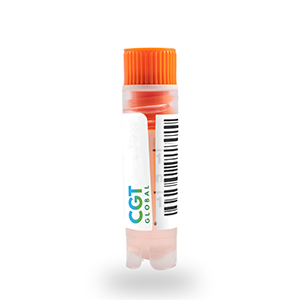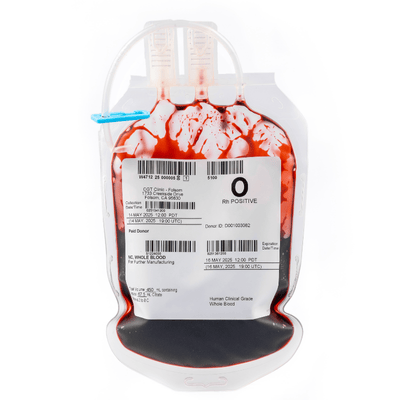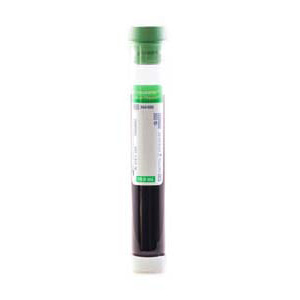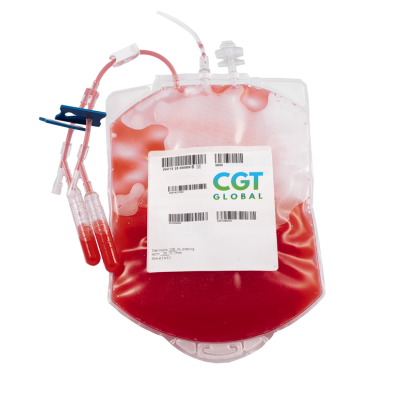Peripheral Blood Monocyte-Derived Immature Dendritic Cells, Frozen
Human peripheral blood monocyte-derived immature dendritic cells are derived from negatively selected monocytes. Non-monocytes are labeled and depleted from the peripheral blood mononuclear cell population using immunomagnetic particles leaving purified, untouched monocytes. Untouched monocytes are cultured for 4-5 days in culture medium containing 10% FBS plus GM-CSF and IL-4. After culture, cells are checked for the expression of CD11c, HLA-DR, and CD83 and the lack of CD14 expression by flow cytometry before cryopreservation.
Cells were obtained using Institutional Review Board (IRB) approved consent forms and protocols.
Since our founding in 2010, CGT Global has pursued our mission to transform healthcare as we accelerate cell and gene therapy research and clinical trials, streamline the commercialization of new treatments, and map the last mile to patient access to these life-changing remedies. By innovating each stage in the cycle; development, commercialization, and delivery, we reduce the overall cost of the care and multiply access points so that millions can receive cutting edge, life-saving gene and cell therapies.

Description
Dendritic cells (DCs) form a critical interface between innate and adaptive immunity. DCs continuously sample their environment for antigens by means of endocytosis. Referred to as an antigen-presenting cell (APC), DCs capture, process and present these antigens to naïve T-helper cells to initiate an immune response. There is great heterogeneity in DC phenotypes due to their stage of differentiation or according to their response and interaction with cytokines and/or growth factors in their microenvironment. This can make isolating a specific subset of DCs challenging. Additionally, each subset is rare in number, compounding the difficulty in isolating these cells. Culturing of CD14+ monocytes in the presence of specific growth factors and cytokines can induce differentiation into immature DCs (iDC), known as monocyte-derived immature dendritic cells (MoDCs). Cultured immature dendritic cells remove the phenotype heterogeneity issue as well as the rarity of these cells.
Additional information
| Anticoagulant | |
|---|---|
| Format | |
| Grade | |
| Species | |
| Cell and Tissue Source | |
| Disease State | |
| Donor Attributes |




